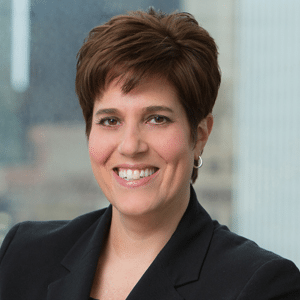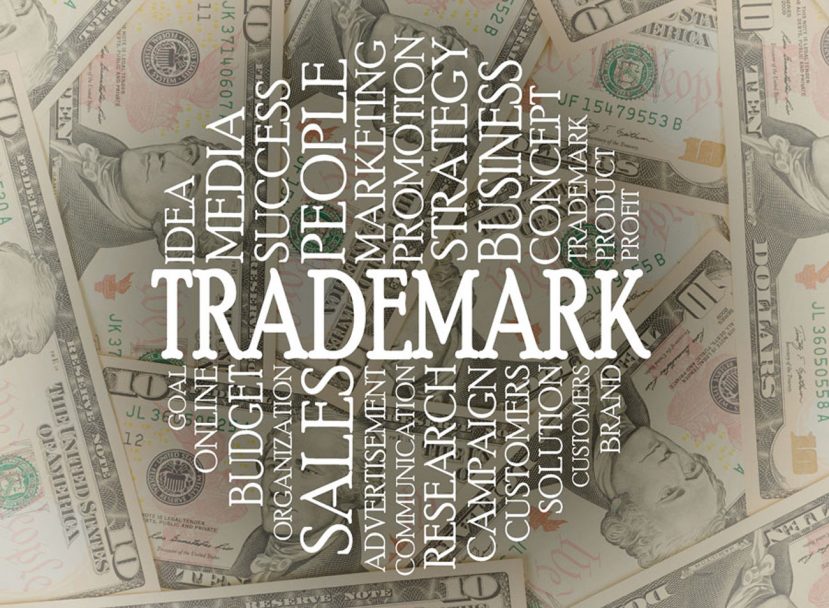This year, resolve to protect your intellectual property assets. Did you know that of all the branches of intellectual property, trademark rights have no fixed term and can be protected indefinitely as long as they are used in interstate commerce? This makes trademarks more valuable than patents or copyrights both of which have fixed terms.
In this three-part series, we will discuss ten tips to protect your trademarks based on questions we are asked most frequently by business owners. Return here for the next two weeks for parts two and three of the series or contact us at any time for assistance with your trademark matters.
Top 10 Trademark Questions Answered
1. What kind of name should I choose?
There are different types of trademark protection. Make sure you are choosing a name that you can own, protect, and enforce against others who might use a similar mark. Avoid descriptive trademarks because they are not protectable and yet many business owners insist on describing their goods and services. While your creative service agency may agree with this strategy, it is a terrible idea from a trademark (legal) perspective. No one entity can own a descriptive trademark without what’s called secondary meaning. Any mark that describes a function, feature, or characteristic of the goods and/or services it provides will be rejected for registration on the Principal Register as being descriptive. Examples of descriptive trademarks include FIRE PITS DIRECT for an online retailer that sells fire pits, TRUEWARRANTY for an extended warranty service, AMERICAN SOFT LINEN for textiles and linens, THE SALAD STATION for restaurants. Instead, pick a fanciful, arbitrary or suggestive trademark.
Fanciful and arbitrary marks have the greatest scope of protection. A fanciful mark is an invented word that has no meaning in English except to function as a trademark. EXXON® and KODAK® are good examples of fanciful marks. Arbitrary marks are words in English that have a recognized meaning but are arbitrarily applied to a class of goods or services unrelated to their meaning. For instance, APPLE® computers, VIRGIN® airlines, KIND® snack bars are good examples. The last category of marks is suggestive marks. A suggestive mark is a step above a descriptive mark, and suggestive marks require imagination and mature thought to associate the goods and services with the trademark. These are marks that evoke some meaning and association with the goods and services, but do not describe them outright. Some examples include SPARKLE® glass cleaner, COOPERTONE® suntan lotion, and WEAREVER® pots and pans. The line between suggestive and descriptive is often subtle and is based on legal principles and arguments, so the help of a competent and qualified trademark attorney in evaluating these marks and presenting arguments for registration of them is often critical to the success of the designation.
2. How will I know if I can use the name I’ve chosen?
Once you have chosen your name, be sure you at least have your trademark attorney conduct a preliminary clearance search of the trademark before you begin using it. While a search is not required before you file, it can save a lot of headaches down the road if you do. The primary reason we undertake clearance searches is to ensure the proposed trademark is not likely to infringe any prior third-party trademarks. A full availability search, however, provides us with a broader view of the competitive landscape with valuable insights to be used in the event the USPTO issues any refusals of registration. It can be a great asset and source of defense in the event the trademark owner receives a cease and desist letter or objection during the trademark application process. By conducting a full availability search in advance, a trained trademark attorney can review the search results and advise on all of these issues as well as whether the mark is relatively distinctive, or if the mark will enjoy a more narrow scope of protection. Most importantly, it can help save you significant time, money and headaches down the road and prevent the necessity of a name change after you have already started your business and production.
Tune in next week for the second part of our three part series. If we can help you with any trademark matter, please contact us.

Stacey C. Kalamaras is the founding partner of Kalamaras Law Office, LLC. She has extensive intellectual property experience with a particular focus on trademark prosecution and enforcement. She has protected some the world’s largest brands in more than 150 countries and specializes in helping small and medium sized businesses grow and protect their brands. Contact her at info@klolegal.com.
Stacey is also the founder and lead instructor of Trademarkabilities®, an online trademark academy for lawyers, whose mission it is to prepare lawyers to be confident and effective practitioners before the USPTO. To learn more, please visit https://www.trademarkabilities.com/.

